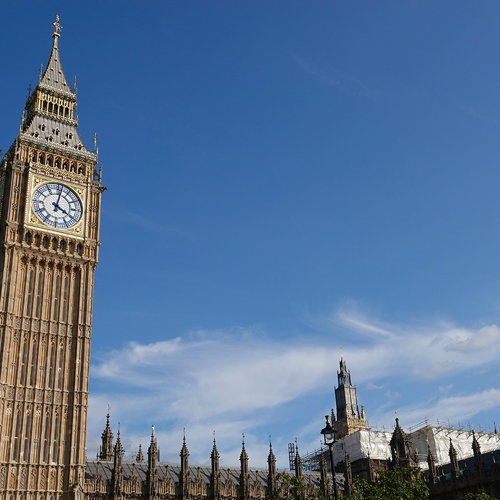Investment in AI and other tech across the NHS and police will save 'millions of hours' Chancellor claims.
Today's Spring Budget focussed on significant technology investment in public services, including allocating £3.4 billion to fund the NHS productivity plan fully, focusing on digital transformation.
Chancellor Jeremy Hunt announced funding for several AI and digital measures intended to free up time for those in critical public services, including the police.
He also focussed on innovation, arguing that 'we're on track to become the next Silicon Valley' as he announced support for tech companies to win investment.
Health
The NHS measures include increasing the use of AI for quicker cancer diagnosis, an improved app for patients to confirm and modify appointments and a plan for all hospitals to use electronic patient records. He said this would helps unlock £35bn of savings, ten times the amount invested.
He said: "I have decided to fund the NHS productivity plan in full. We will slash the 13 million hours lost by doctors and nurses every year to outdated IT systems. We will use AI to cut down and potentially cut in half form filling by doctors. We will digitise operating theatre processes allowing the same number of consultants to do an extra 200,000 operations a year.
"We will fund improvements to help doctors read MRI and CT scans more accurately and quickly, speeding up results for 130,000 patients every year and saving thousands of lives."
Policing
Some £230 million will be available to roll out time-saving technologies, including video calls of witnesses and victims and using drones in traffic accidents.
For you
Be part of something bigger, join BCS, The Chartered Institute for IT.
A pilot programme will see officers using the information gathered from the drones to help them assess the seriousness of the incident and how to respond.
Other measures include funding the automated redaction of personal information gathered during evidence processing. Examples include removing irrelevant faces from body cameras and number plates from video evidence.
The Chancellor added that AI will be used on the 101 non-emergency service to triage callers.
Other measures include:
- £170 million for justice reforms designed to save up to 55,000 hours a year of admin time. Jury bundles will be made digital, and new software will streamline parole decisions.
- A £34 million fund to reduce fraud by increasing the use of AI across the government to catch fraudsters; this is estimated to save £100 million.
- Accelerating the delivery of the Department for Work and Pension's existing programme with a £17 million investment to modernise services and move from paper-based communications.
- Cutting the time it takes for planning officers to process applications by 30% through a new AI pilot.
Commenting on the plans, Rashik Parmar MBE, CEO of BCS, The Chartered Institute for IT, said: "This level of investment in technology across the NHS and the police is vital to improving the quality and speed of the medical service and criminal investigation.
"But funding for AI must include investment in digital professionals - people - who will work with it and lead it at all levels. They need not just high degrees of competence but an understanding of ethical principles, which are key when using automated technology that affects our lives, like processing patient data or responding to emergency enquiries.
"We need the public to trust that the UK's journey to become the next Silicon Valley will make their lives better, knowing it is delivered by accountable experts who meet independent standards."

















